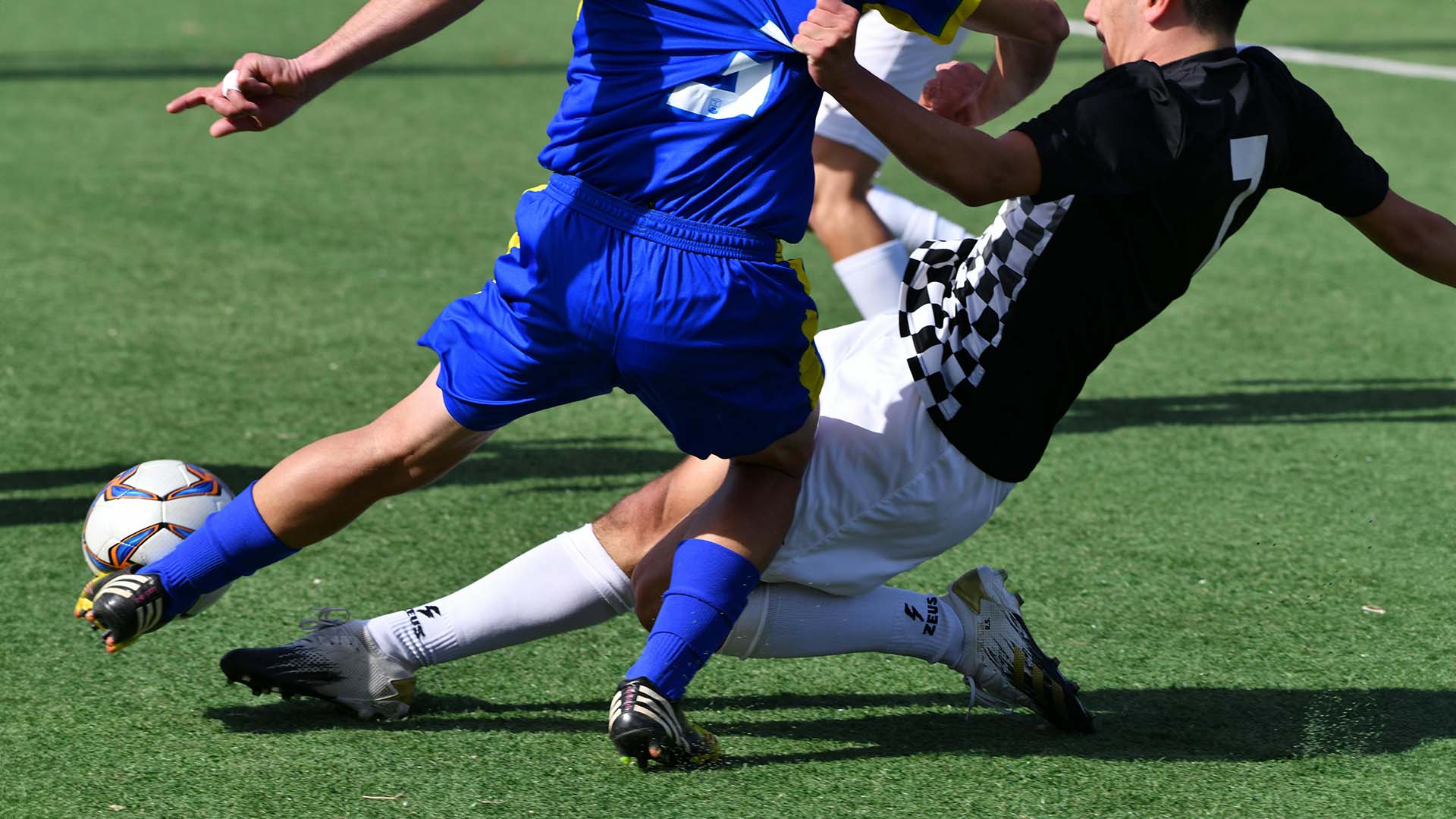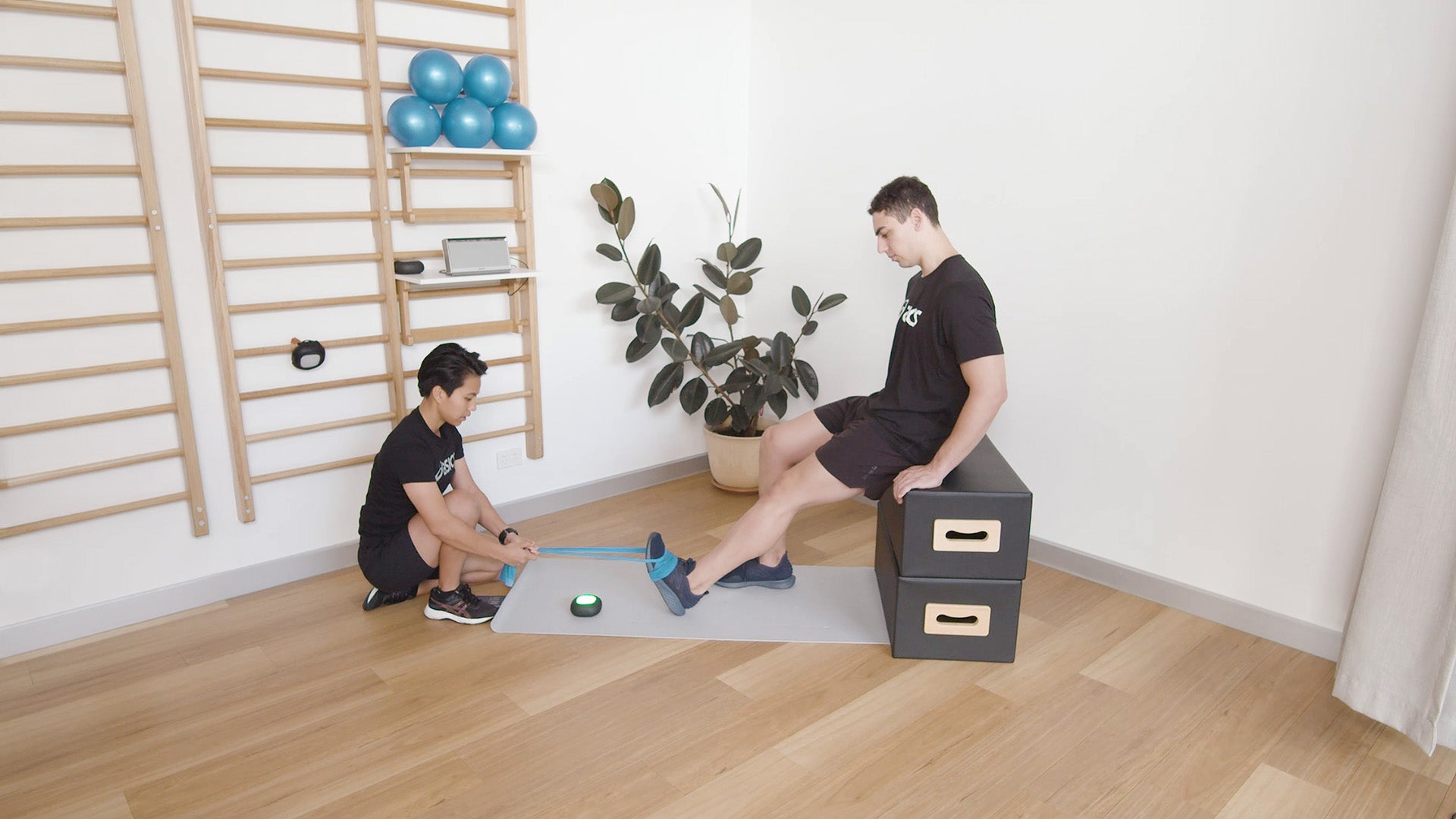In the dynamic world of today, where quick reflexes and sharp responses are more valuable than ever, understanding the intricacies of what factors impact a person's reaction time becomes crucial.
At A-Champs, we're dedicated to enhancing physical performance and cognitive abilities through technology-driven solutions, emphasizing the importance of reaction time in achieving peak performance. But what exactly influences our ability to react swiftly?
We have already discussed how to improve reaction time in sport. Now, let’s dive into the multifaceted factors that affect reaction time and explore how you can optimize your responses for better performance in sports, gaming, and daily life.
1. Age: A double-edged sword
What factors impact a person’s reaction time? It's well-established that age is a significant one.
Children and teenagers may lack the fully developed cognitive skills of adults, affecting their decision-making speed. Adults, typically those in their 20s and 30s, often boast the fastest reaction times.
However, as we age beyond our prime, our reaction speed tends to slow down, a testament to the natural aging process affecting our cognitive functions and motor skills.
2. Physical fitness: the body-mind connection, one of the factors that affect reaction time
A fit body houses a sharp mind.
Regular physical activity enhances blood flow to the brain, improving cognitive functions and, by extension, reaction time. Exercise also boosts mood and sleep, further contributing to quicker and more accurate responses.
Our ROX System technology leverages this principle by integrating physical challenges with cognitive demands, fostering a faster, sharper you. Light, sound and vibration based stimulation to increase performance, boost motivation and achieve an overall better reaction time.
3. Sleep: the foundation of alertness and one of the key factors affecting reaction time
What affects reaction time? Never underestimate the power of a good night’s sleep on reaction times.
Sleep deprivation can significantly impair your ability to think and react quickly, akin to the effects of alcohol. Ensuring you get adequate, quality sleep is akin to fine-tuning your body’s reaction engine, preparing you for peak performance when it counts.
4. Stress and mental state: the invisible influencers
What factors impact a person’s reaction time? Stress and anxiety can be silent saboteurs of reaction time.
In a relaxed state, your body can react more swiftly and accurately than when you’re tense. Techniques to manage stress, such as mindfulness and breathing exercises, can therefore indirectly improve your reaction time by fostering a calmer, more focused state of mind, highlighting factors affecting reaction time.
5. Nutrition and hydration: fueling the engine
What you eat and drink plays a significant role in your cognitive performance and reaction speed.
Balanced diets rich in omega-3 fatty acids, antioxidants, and vitamins are known to enhance cognitive function, while dehydration can lead to sluggish cognitive abilities. Consuming the right nutrients and staying hydrated can thus be seen as tuning up your body’s reaction capabilities. As you can see, these are critical factors affecting reaction time.
6. Cognitive load: another of the things that affect reaction time
Multitasking or dealing with a high cognitive load can impede your reaction time.
When the brain is juggling multiple tasks, its ability to process information quickly diminishes. Addressing the question of what factors impact a person's reaction time, simplifying tasks or focusing on one action at a time can help maintain or even improve reaction speeds.
7. Training and practice: sharpening the blade
Like any skill, reaction time can be improved with practice. Regular training, especially with tools designed to enhance cognitive and physical reflexes, can lead to significant improvements. Our devices are engineered to push the limits of your reaction time, making you faster and more agile in every way. Here, you can find a guide of our 5 best exercises for reaction time to incorporate to your training schedule.
At A-Champs, we believe in harnessing the power of technology to enhance physical and cognitive performance. Our innovative products are not just tools; they're your partners in unlocking your full potential, allowing you to react faster, think clearer, and perform better in any scenario.
That’s why, aside from our devices, you have free access to our app where you can track your progress and, by incorporating these insights into your training regimen or daily routine you can lead to marked improvements in your reaction time.
Understanding and optimizing the factors that affect reaction time can give athletes, gamers, and individuals looking to improve their daily performance a significant edge. By paying attention to age-related changes, maintaining physical fitness, ensuring proper sleep and nutrition, managing stress, reducing cognitive load, and engaging in targeted training, you can sharpen your reactions to meet the challenges of a fast-paced world.
At A-Champs, we're committed to helping you achieve your best, combining cutting-edge technology with insights into human performance to create tools that transform your abilities.
Ready to react faster and smarter? Embrace the journey with A-Champs, and let's unlock your peak performance together.





Leave a comment
This site is protected by reCAPTCHA and the Google Privacy Policy and Terms of Service apply.